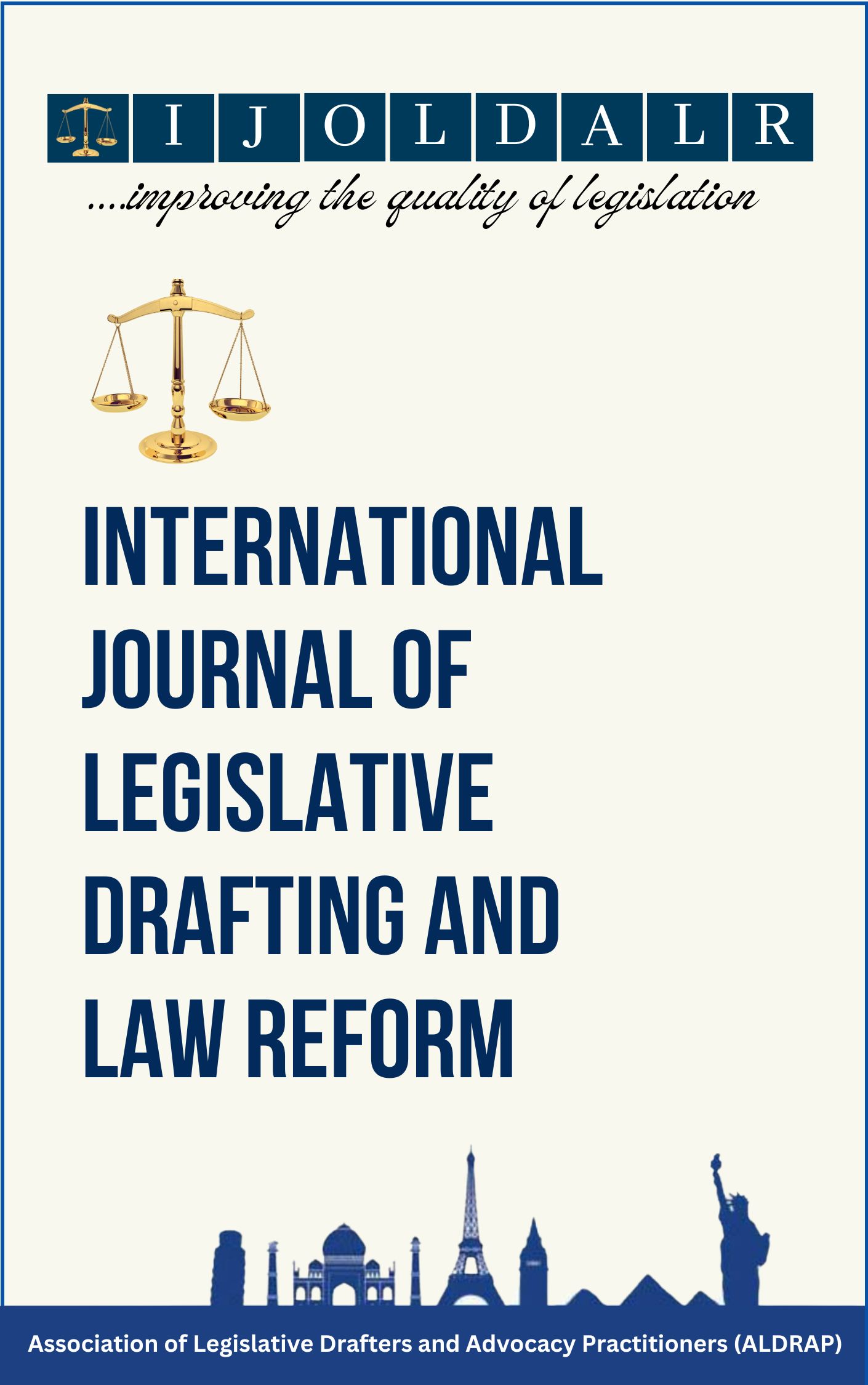Abstract
This issue of the International Journal of Legislative Drafting and Law Reform focuses on the growingtrend of undertaking cost-benefit analysis as a key component of performance of legislative drafting tasks. Case studies of Spain’s Criminal laws and Nigeria’s economic laws are used to illustrate the need for prior cost benefit analysis as a component of legislative drafting.
In certain jurisdictions, especially in the developed countries of Europe and North America, there are in existence laws, legislation and Regulation that make it a mandatory legal requirement to submit a cost-benefit analysis (CBA) report as an accompanying supporting document when Bills or Draft laws are submitted to Parliament. For example, since the 1998/1999 Parliamentary Session of the Parliament of the United Kingdom, which requires a Financial Memorandum as an accompanying supporting document. Also, the Canadian Parliamentary Budget Office, which does fully-fledged costingsof the financial impact of proposed laws and policies.
It is reported that this trend is gaining prominence within even ―…some small jurisdictions…‖wherein legislative drafters are expected tocomplete ―relevant Regulatory Impact Assessment (RIA) checklists or even (for minor Bills) a rudimentary cost-benefit analysis‖1.



 National Library of Nigeria
National Library of Nigeria.jpg) Association of Nigerian Authors
Association of Nigerian Authors Nigerian Library Association
Nigerian Library Association EagleScan
EagleScan Crossref
Crossref